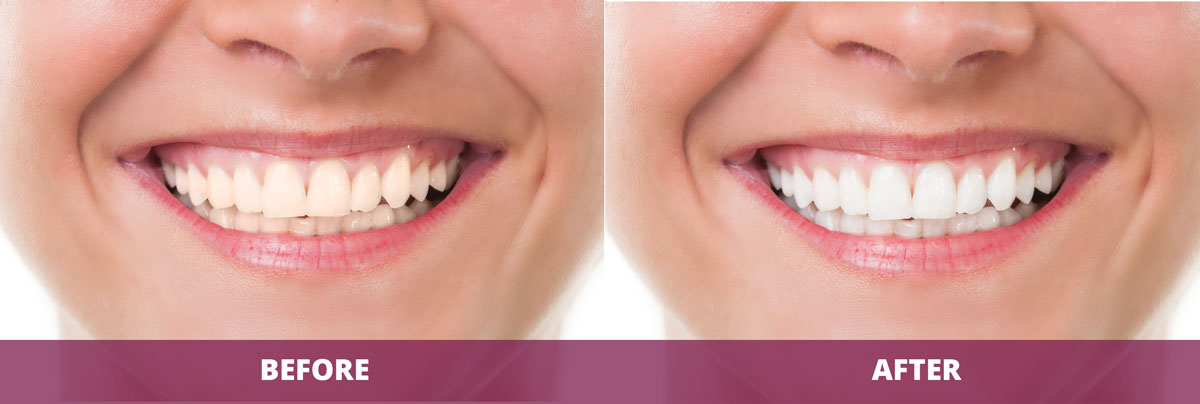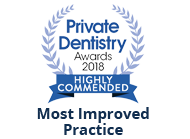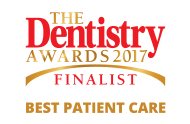One of the most important features of a face is a beaming smile. Just as our hair and skin colour vary with time, so do our teeth. With the constant portrayal of perfect white smiles in the media, self- awareness has been raised and inspired many people to improve their teeth appearance.

The benefits of having white teeth
- Improves self-confidence. Being able to smile naturally really helps to boost a person’s likeability factor. One will be more likely to create a good first impression when meeting people.
- Gives a youthful appearance and makes one look more attractive.
- Release natural endorphins – when we smile our body naturally produces endorphins, which are the ‘feel good’ hormones, which make us feel happy. Having clean looking white teeth can encourage a person to smile more regularly therefore helping to release those fantastic endorphins.
- Improves oral health. To keep these pearly ‘peggies’ white, one will be more prone to maintain a good oral hygiene routine, diet and regular trips to the dentist or Dental Hygienist.
How to whiten teeth?
There are several different methods for whitening teeth, each with its own mechanism of action. The efficacy of these different methods is dependent upon the particular tooth discoloration that is being treated.
Usually the first port of call would be the use of over the counter (OTC) whitening products such as whitening toothpastes, gels, strips and more recently whitening pens. But do they actually work? Yes… but in few certain cases… It depends on the actual cause of the tooth/teeth discolouration. The OTC whitening products only work if tooth discolouration is due to superficial staining caused by food or drinks. Moreover, to achieve good results with such products, they need to be used daily and over weeks and weeks. But why do they take that long? They only contain a very low percentage of active whitening agents (less than 0.1% peroxide) and sometimes they do not even contain any peroxide and rely on the presence of other ingredients and small crystals to rub the stains off. However, if the teeth discoloration is internal, the above products will certainly be ineffective and be a waste of time and money. According to the European law, ruled in October 2012, only dental practitioners can purchase Teeth Whitening products containing or releasing more than 0.1% hydrogen peroxide up to 6% hydrogen peroxide.
The Teeth Whitening procedure undertaken by dental practitioners, involves the placement of whitening gels into customised trays for the patient to wear over a period of time nightly at home or in a few sessions in the dental surgery. Such trays allow for the gels to be in close contact with the teeth’s surface and prevent dilution of the gels. The good thing with the above mentioned procedures, the exposure time of the gel to the teeth can be controlled as well as the whitening enhancement.
Can whitening teeth damage my teeth?
Most of the whitening toothpastes contain crystals to remove the superficial stains on teeth but if there are no such stains, these crystals can actually accelerate the wear of the enamel causing the underlying darker tooth structure to become more apparent and make your teeth look more yellow. Furthermore, with the enamel wearing away, tooth sensitivity can increase.
On the other hand, whitening strips or gels available in the UK tend to contain citric or phosphoric acid, which can cause enamel erosion under prolonged use.
The good news that professional Teeth Whitening when done right, does not harm the teeth or gums. The key to that is the professional manner in which the process is carried out, resulting in effective whitening and safe teeth and gums.
The most common side effects of professional whitening is teeth sensitivity and irritation of the gums, which are usually temporary and subside within a few days after the Teeth Whitening Treatment has stopped and do not apply to every patient.
So if you are looking for a dazzling bright smile or a subtle enhancement, the best way to start is to call your friendly neighbourhood dentist for a consultation to correctly diagnose the cause of your teeth discolouration in order to avoid the risks or temporary results of OTC products, virtually saving you ££s.















